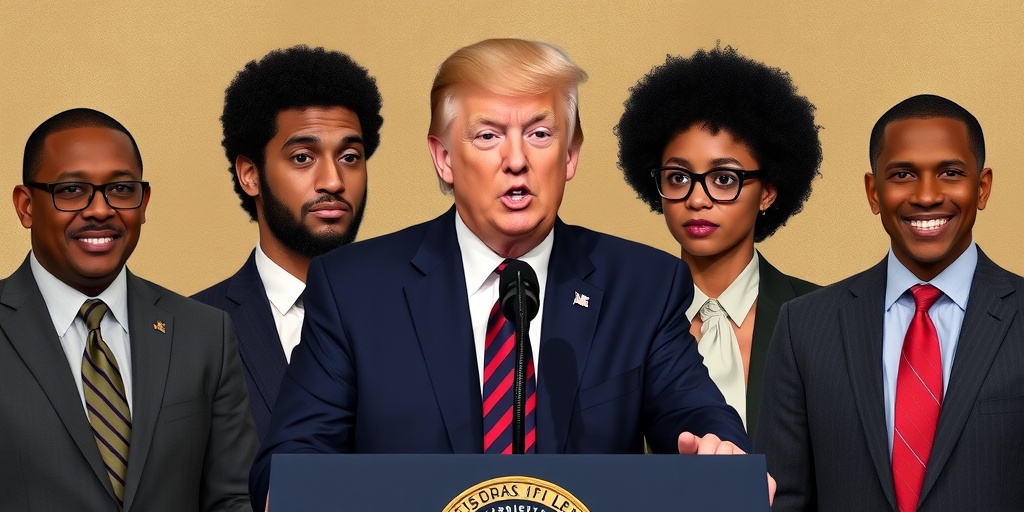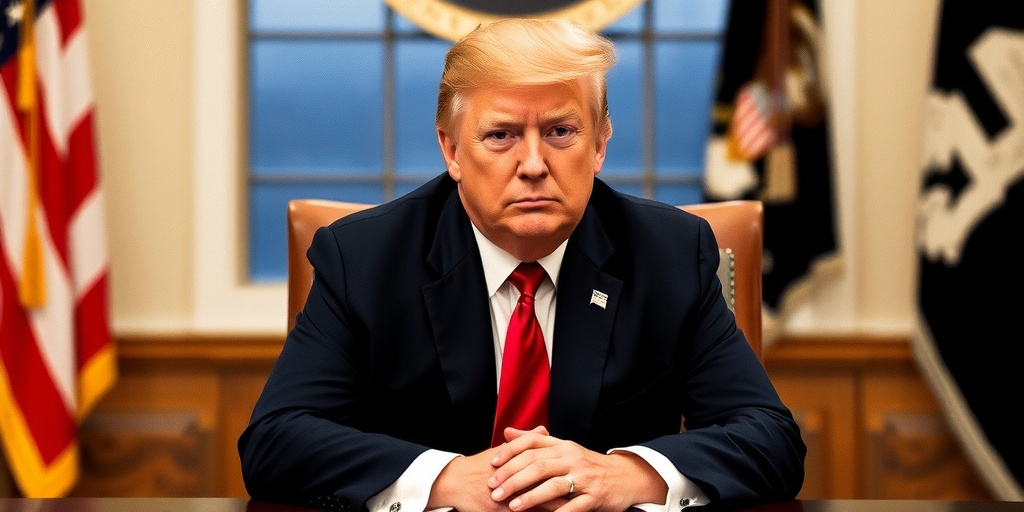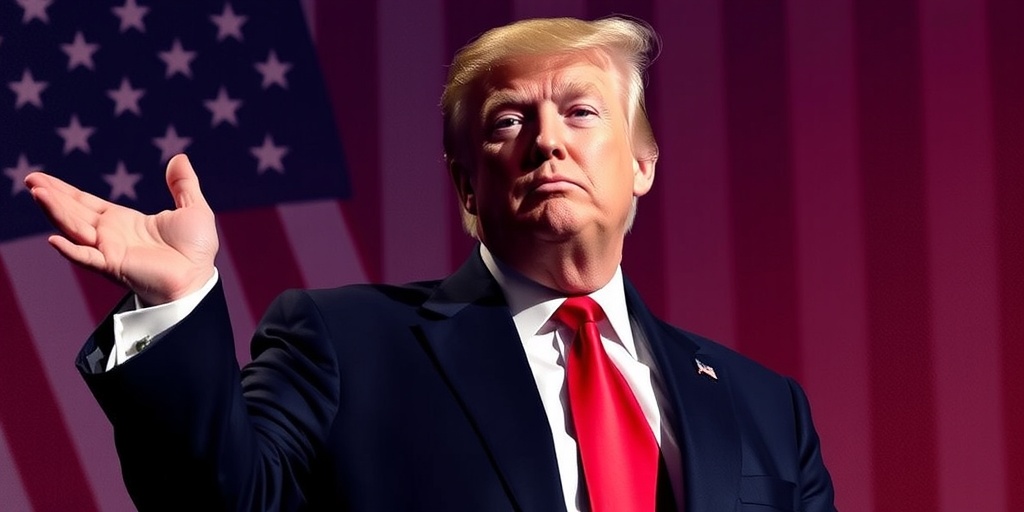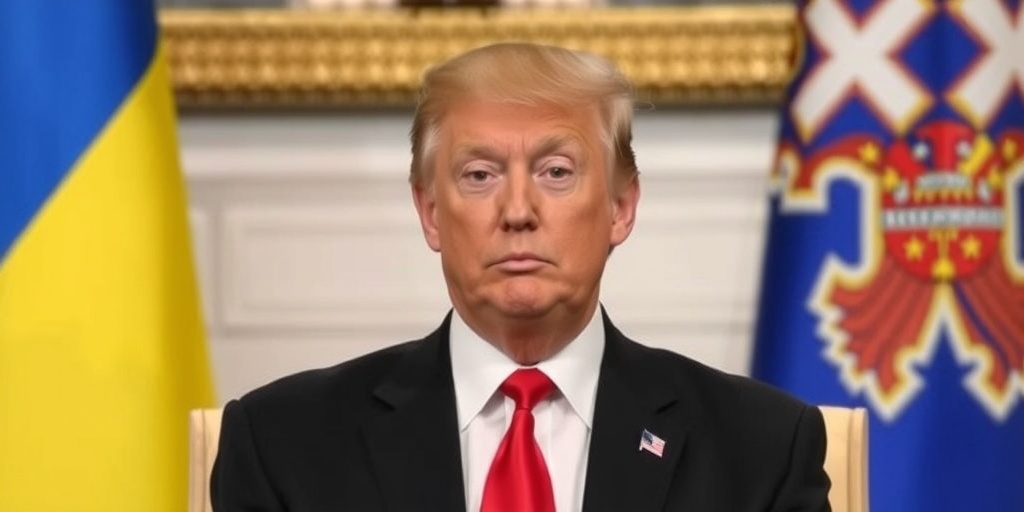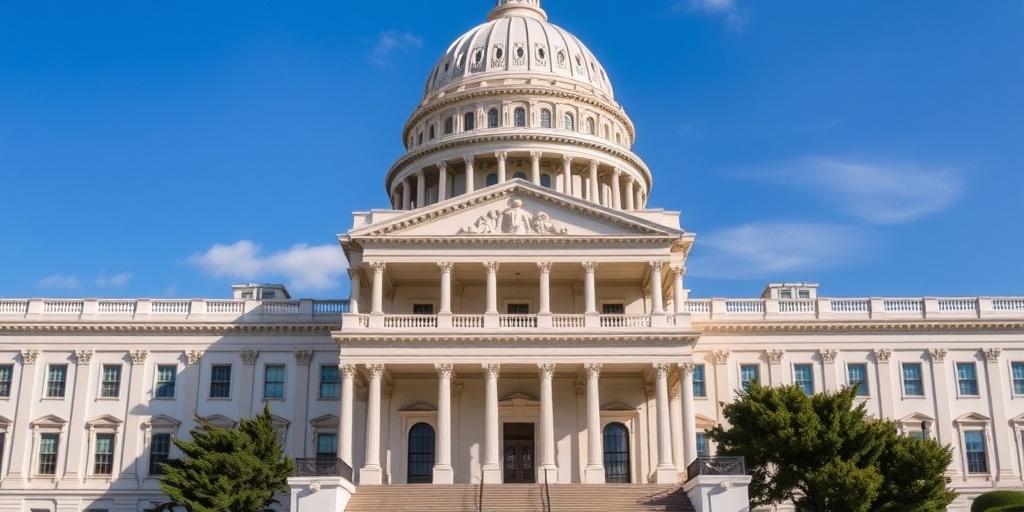Now Reading: Young Trump Supporter Secures White House Press Pass
-
01
Young Trump Supporter Secures White House Press Pass
Young Trump Supporter Secures White House Press Pass
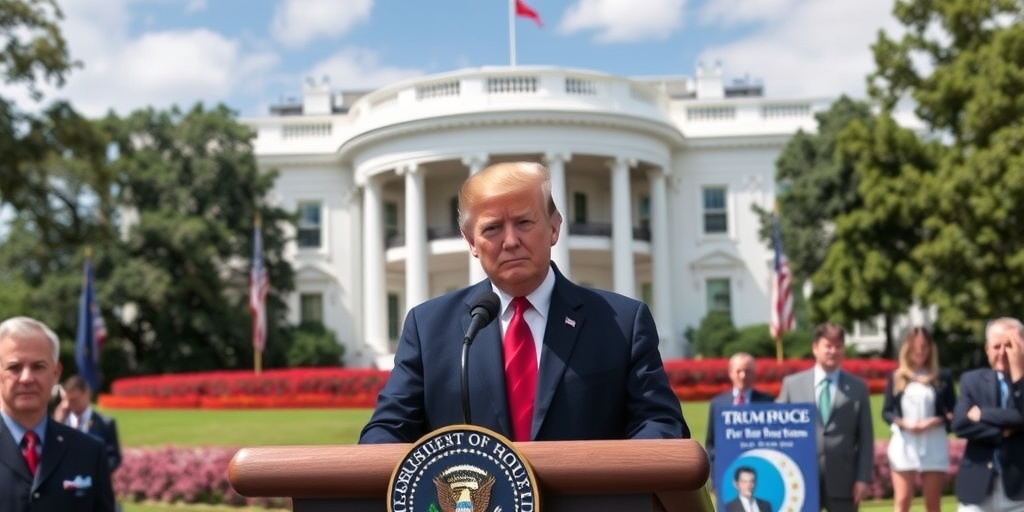
Inside the Rise of Natalie Winters: A Young Conservative Voice in the Media
Natalie Winters is making waves in the world of political journalism, carving out a reputation as one of the notable young conservative voices in the media landscape. Just 24 years old, Winters has quickly transitioned from a modest upbringing in Santa Monica, California, to the White House briefing room, where she reports for Stephen K. Bannon’s “War Room” podcast. Her rapid ascent reflects the shifting dynamics in the media, especially as conservative outlets increasingly gain prominence.
During a recent dinner at Butterworth’s, a popular Capitol Hill eatery frequented by Trump supporters, Winters made her priorities clear. While others around her ordered from the filled menu featuring delicacies like lamb tartare and oysters, Winters opted for bottled water instead of tap, citing her disdain for fluoride and seed oils found in restaurant food.
Currently, Winters has been in the limelight not only for her sharp reporting but also for her outspoken views that resonate with a significant segment of the Republican base. Since joining the “War Room” as a White House correspondent, her reporting aims to uplift and engage the loyal conservative audience while critiquing opposition forces, which she identifies as Democratic politicians, liberal organizations, and mainstream news outlets. In this environment, she is not merely a journalist; she is an activist of sorts, wielding her microphone to shape the narrative.
Winters belongs to an emerging group of conservative journalists who have gained ground in the White House press corps, often challenging established media institutions for their perceived bias. The current administration’s press secretary, Karoline Leavitt, has described traditional media outlets as increasingly irrelevant, further solidifying the positions of nontraditional media like Bannon’s “War Room.” While the White House Correspondents’ Association criticized the administration’s approach to the press as discouraging independent reporting, many young conservative journalists like Winters see it as an opportunity to amplify their voices.
Winters’s unique position in the male-dominated media environment is underscored by her relationship with Bannon, not just as her boss but also her mentor. After Bannon was jailed for refusing to comply with a subpoena related to the investigation of the January 6 Capitol riots, he trusted Winters to lead the podcast during his absence, showcasing the level of confidence he places in her abilities.
Her rise to prominence has not gone unnoticed; she boasts a significant following on social media, which includes notable figures like Elon Musk. Their dynamic, which includes a publicly transparent feud with Bannon, places Winters in a strategic position. With Musk frequently amplifying her content, Winters has harnessed this relationship to further engage her audience. “I think I’m the only person who could bring them together and get peace,” she joked about the rivalry.
At the core of Winter’s reporting is a perceived outsider status. Despite being a correspondent at the White House, she views the setting much like her high school experience—a place where her “MAGA royalty” means little to her peers. Her application to join the National Press Club was rejected, highlighting the tensions between her approach and the more traditional standards of journalism expected within esteemed organizations.
Looking back, Winters reflects on her personal journey and the foundations of her beliefs. Raised in an environment that she perceived as dominated by liberal ideologies, she found herself ostracized during her high school years for her conservative stances. Moments like her letter advocating for Supreme Court Justice Brett Kavanaugh during a time of intense opposition solidified her identity and determination. Though she complied with academic expectations early on, her ambitions led her to graduate early to intern in Washington. She has claimed that this shift was the best decision she ever made.
At the intersection of her political beliefs and lifestyle, Winters claims to maintain a “nerd” persona at heart. While she engages in lively and provocative discussions about politics, she contrasts this with her interests outside of the media’s spotlight, saying she might have been a “poetry professor” in another life. She watches MSNBC frequently for research purposes, a surprising revelation considering her ideological leanings.
As Winters continues to cultivate her brand, she has ventured into merchandise that conveys her message through phrases like “More insecure than the border” and “A little conspiratorial.” Despite her vocal conservatism, from her own account, she considers herself a "lib at heart," embracing a nuanced view of societal challenges.
Romantically, Winters expresses a desire to find a partner whom she can be “submissive” to, citing her ambitions as a driving force, fueled by past disappointments. "You can watch me on TV being the next big deal," she declares, persistently striving for that goal.
Winters embodies a young, dynamic presence in conservative media, pushing boundaries and redefining how female voices are perceived within right-wing journalism. With an audience growing continuously, she is poised to become a significant figure shaping the future narrative for many conservative followers.
Stay Informed With the Latest & Most Important News
Previous Post
Next Post
-
 01New technology breakthrough has everyone talking right now
01New technology breakthrough has everyone talking right now -
 02Unbelievable life hack everyone needs to try today
02Unbelievable life hack everyone needs to try today -
 03Fascinating discovery found buried deep beneath the ocean
03Fascinating discovery found buried deep beneath the ocean -
 04Man invents genius device that solves everyday problems
04Man invents genius device that solves everyday problems -
 05Shocking discovery that changes what we know forever
05Shocking discovery that changes what we know forever -
 06Internet goes wild over celebrity’s unexpected fashion choice
06Internet goes wild over celebrity’s unexpected fashion choice -
 07Rare animal sighting stuns scientists and wildlife lovers
07Rare animal sighting stuns scientists and wildlife lovers













